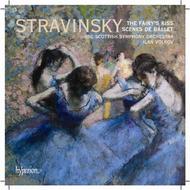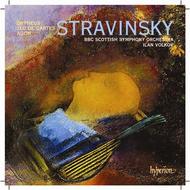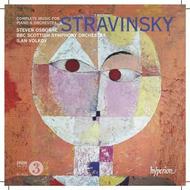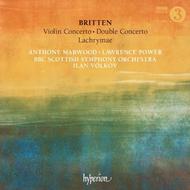Stravinsky - Fairy’s Kiss, Scenes de Ballet
£13.60
In stock - available for despatch within 1 working day
Despatch Information
This despatch estimate is based on information from both our own stock and the UK supplier's stock.
If ordering multiple items, we will aim to send everything together so the longest despatch estimate will apply to the complete order.
If you would rather receive certain items more quickly, please place them on a separate order.
If any unexpected delays occur, we will keep you informed of progress via email and not allow other items on the order to be held up.
If you would prefer to receive everything together regardless of any delay, please let us know via email.
Pre-orders will be despatched as close as possible to the release date.
Label: Hyperion
Cat No: CDA67697
Barcode: 0034571176970
Format: CD
Number of Discs: 1
Genre: Ballet
Release Date: 29th March 2010
 FREE UK SHIPPING OVER £30!
FREE UK SHIPPING OVER £30!






